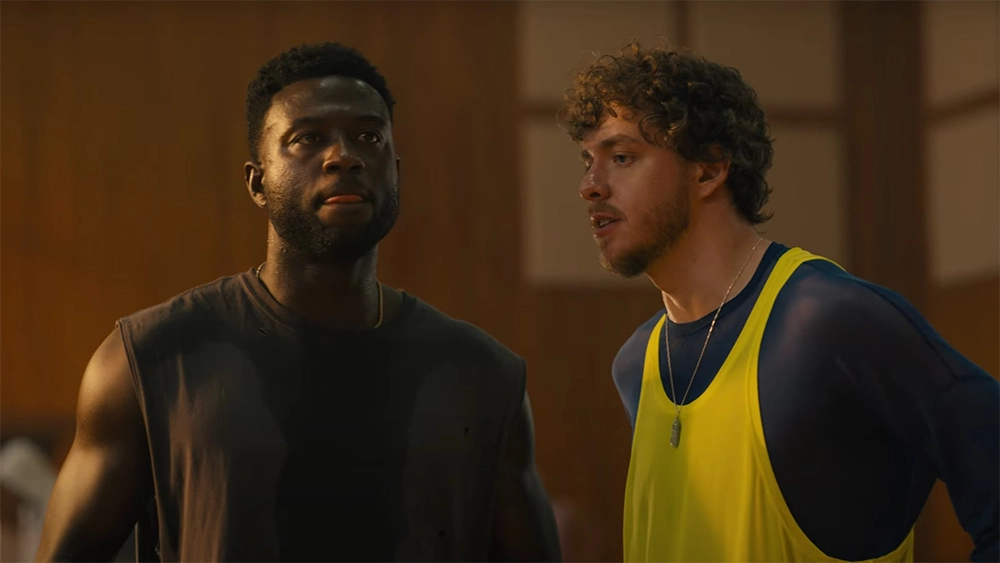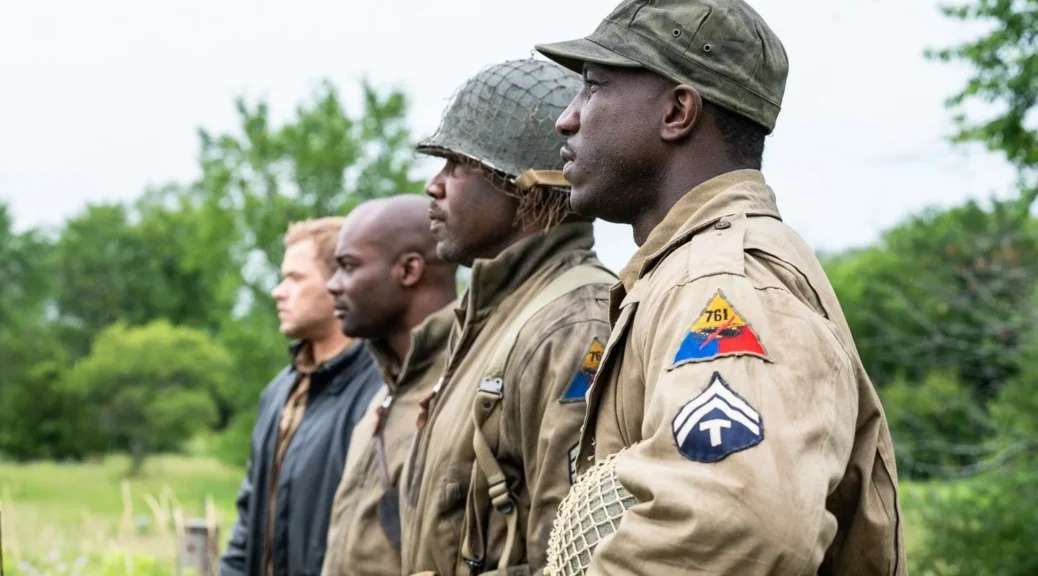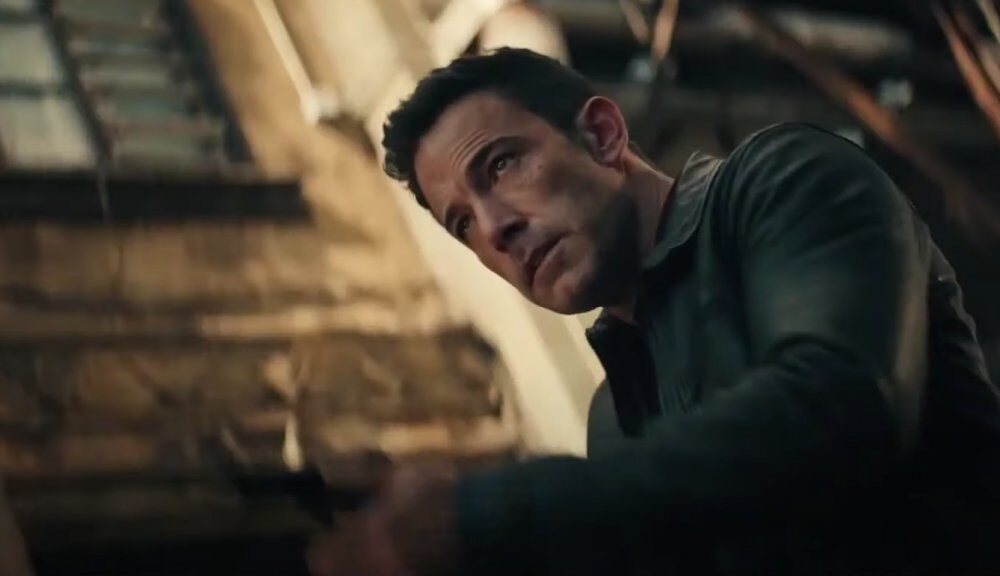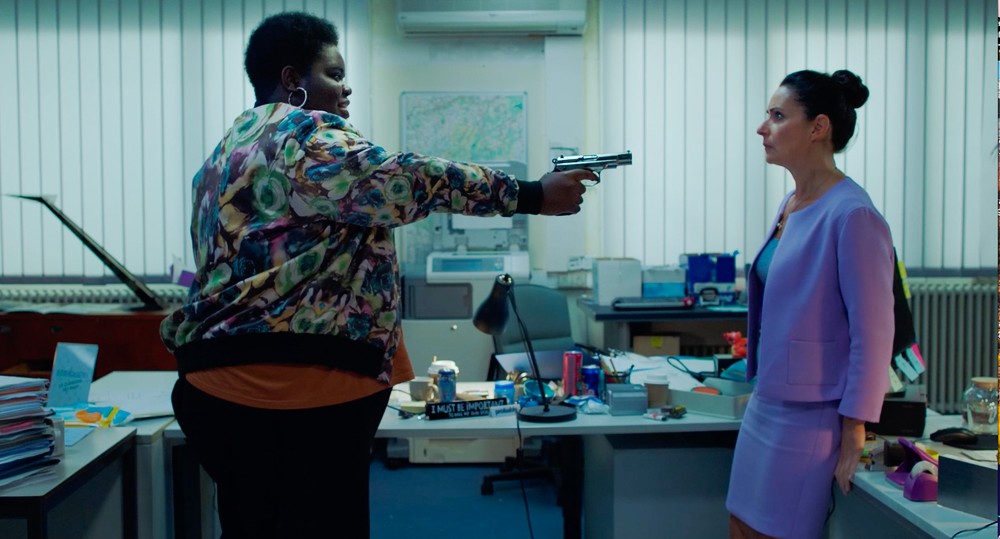White Men Can’t Jump
by George Wolf
A few months ago I noticed the TV ads pitching the “Jack Harlow meal” at KFC and remembered I had no idea who Jack Harlow was.
That was on me. Since then, I’ve learned he’s a popular rapper, guested on SNL and is making his acting debut in Hulu’s new remake of White Men Can’t Jump.
The good news: he’s a bit stiff but decent, and like Woody Harrelson in 1992, knows his way around a basketball court. But while the chemistry between Harlow and co-star Sinqua Walls (Shark Night) is more than adequate, it can’t touch the fun and edgy dynamic of Woody and Wesley that drove the original.
Director Calmatic (House Party) teams with Black-ish writers Kenya Barris and Doug Hall for a largely familiar premise. White Jeremy (Harlow) and Black Kamal (Walls) team up to hustle some unsuspecting marks and eventually compete in a big street ball tournament.
Give Barris and Hall credit for updating the race-related humor with some smart and savvy barbs (many delivered through the winning support of Myles Bullock and Vince Staples), but that’s about the only aspect of the new narrative that doesn’t seem neutered.
Both Jeremy and Kamal still have issues at home (with Laura Harrier and Teyana Taylor, respectively), but the stakes don’t feel as authentic. And with the removal of the early double-cross that occurs in the first film, an important emotional layer is removed from the bond between the ballers, leaving only fast money as motivation.
The gap is filled with dueling backstories about knee injuries and brushes with the law, but ultimately, they both land as fairly generic diversions. As does the film.
There’s nothing really bad about the updated White Men Can’t Jump. There are timely laughs, a solid ensemble, and some perfectly acceptable hooping. But the lack of investment in character makes it hard to really care about who wins the tourney. Neither grit or desperate suspicion made this lineup, and if you’re still a fan of the old starters, they’ll be missed.













